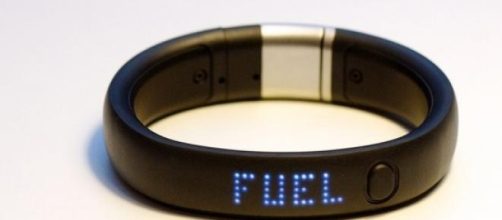When Nike decided to scrap its successful fitness wearable FuelBand, in April last year, consumers were taken by surprise. The sports brand fired most of the hardware team in charge of the gadget and gave a not so clear explanation as to why – it said the FuelBand was still a good part of the business and support would continue but it had decided to focus more on digital.
Suffice to say fans weren't too happy. One year on, Nike Consumer Technology Officer Chris Satchell went on the record to really explain why. Turns out the company wanted to partner with all the major brands entering the wearable business and tap into more and more consumers' wrists – which wouldn't be easy if it was confined to just its own wearable.
"We didn't do it because we thought we should be a consumer tech company.
We needed to understand the athlete, we needed the connection and the info," Satchell said yesterday, at the technology conference Collision in Las Vegas. Nike started this whole fitness measuring business almost a decade ago, with Nike+iPod, a partnership with Apple. The FuelBand was released in early 2012 and it fared pretty well, grabbing 10% of the market by 2013, behind Jawbone and Fitbit. But has more and more companies joined in the fitness wristbands craze, the market quickly became saturated. And Nike concluded it no longer needed its own gadget.
"There was nothing when we started, but now there's sensors everywhere," he stated. "All our consumers are digitally natives, so we need to be great at technology," Satchell added, saying Nike wants to be as good as Netflix with its digital offering.
The company has now partnered with multiple companies, including Apple – that debuted the Watch last month.
"We're doing it to build a connection to our consumers," he said, not necessarily to sell anything, much less advertising or data like other companies. So Satchell's main focus is building a robust system, that allows people to track their exercise, have a training companion and trust Nike to handle their data.
"Number one thing is security and privacy. Number two is reliability, are we doing the right things with your data, being faithful?" he said. As a leading sports brand, they cannot risk having a breach or misusing data. But Satchell did have a piece of advice: "Never take things away from consumers." If they love it, they will give you a hard time.

